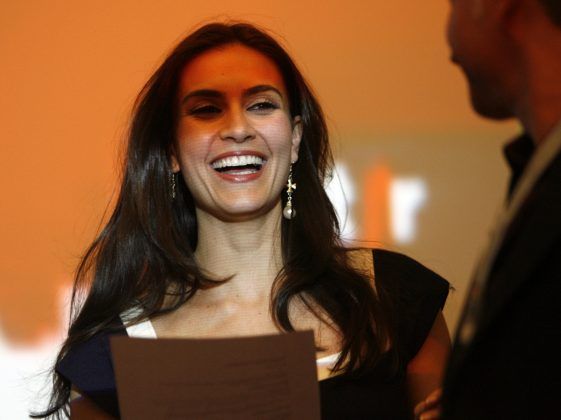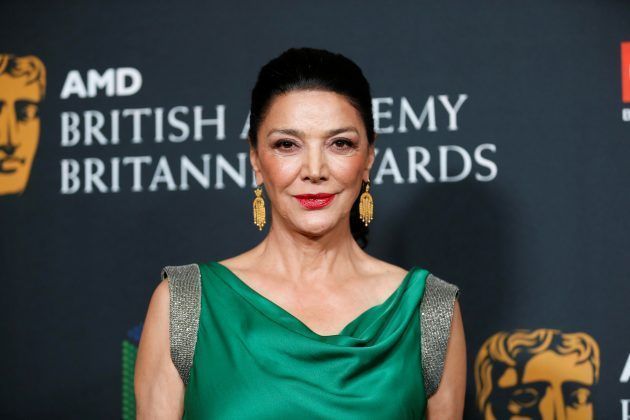By Cyrus Ebadi
More than 170 Iranians from various walks of life, both inside and outside Iran, have signed a petition calling for the dissolution of the Islamic Republic of Iran and the resignation of Ali Khamenei, the Supreme Leader.
The 172 signatories — who hail from Iran and a dozen countries around the world — include members of civil society, human rights and political activists, actors, artists, journalists, educators, and former politicians. They include Iranian-American actress Shohreh Aghdashloo; author and human rights activist Nina Ansary; and Nazanin Afshin Jam, former Miss World Canada and President & cofounder of Stop Child Executions (who is married to Peter Mackay, the former Canadian Justice Minister and Defense Minister).
“For forty-one years, in Iran’s darkest period under the deadly oppression of the theocratic state, our country has become awash with the blood of our people,” read the Open Letter by the group calling itself Coalition of Committed for A Secular and Democratic Iran.
“Yet hundreds of thousands of our countrymen women and children, from every city and province, continue to stand firm with their chants of liberty and sacrifice their lives treasure for the cause of Iran’s rebirth as a free and democratic nation. This struggle continues,” the letter added.
The group, declaring “our unity and commitment for a nonviolent transition from the Islamic Republic and the establishment of a democratic and secular system of government,” issued a number of demands, including:
- Ali Khamenei’s resignation,
- Dissolution of the Constitution of the Islamic Republic,
- Creation of the necessary conditions for holding a referendum in order to determine the system and type of government and the holding of free and fair elections in the transition period, under the supervision of neutral organizations such as the United Nations, to elect the Founders Constituent Assembly,
- The writing of the new constitution of the country by the Constituent Assembly based on the:
– Universal Declaration of Human Rights, adopted on 10 December 1948, and all its conventions
– Separation of religion and state
– Equality of citizenship for all before the law, regardless of race, ethnicity and religion
– Full equality of rights and opportunities between women and men,
– Freedom of speech, ideas and the press,
– Freedom of political parties, trade unions, independent workers and industries,
– Establishment of a free-market economy and social justice,
– Promulgation of peaceful foreign policies and constructive diplomatic relations, adherence to, and respect for, international laws and order to maintain peace, security and stability in the region and around the world, and compliance with the protocols and treaties of non-proliferation of nuclear, chemical and biological weapons of mass destruction.
It was not immediately clear to whom the signatories addressed themselves nor what plans they might have to materialize their “nonviolent transition.”





Agree
i am agree